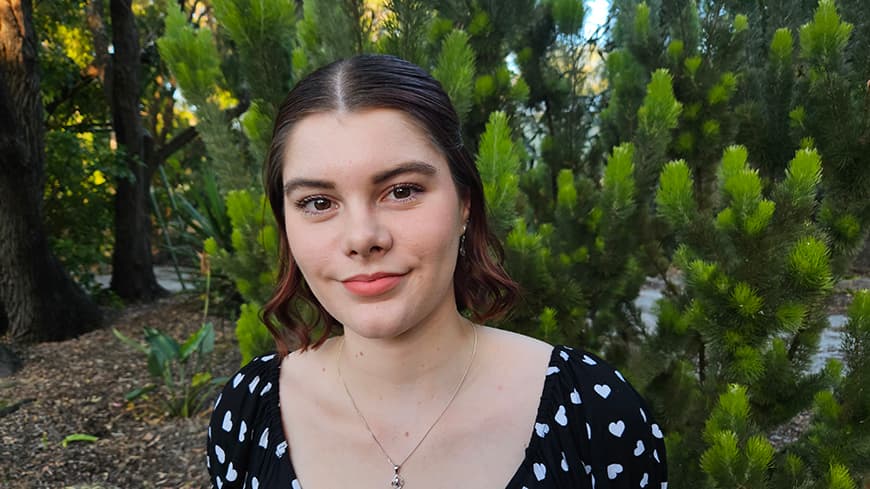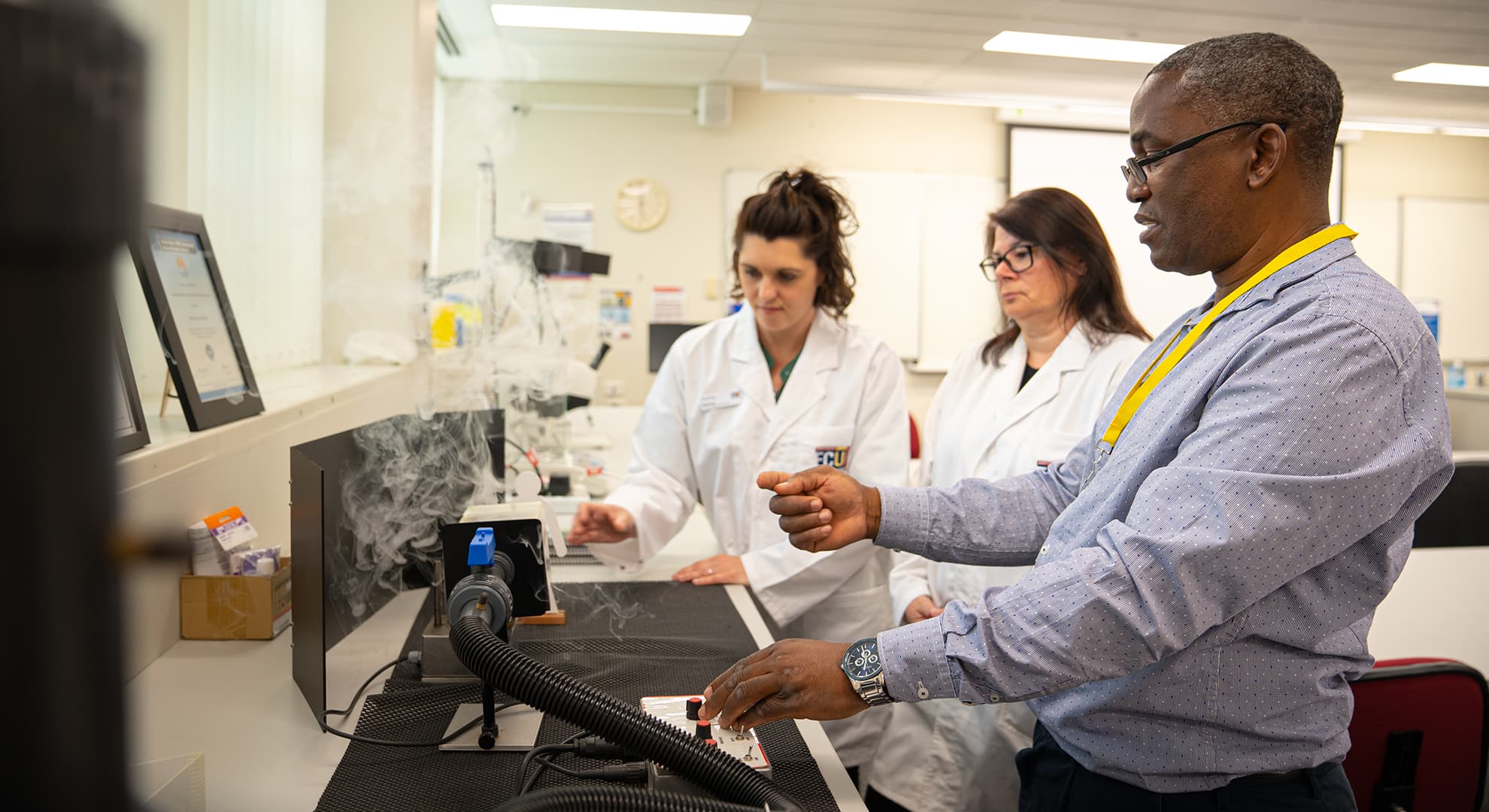Environmental Health practitioners are in demand.
There's a serious and growing shortage of professionals in this field, especially in regional areas of Western Australia*.
What do Environmental Health professionals do?
Among other things, they ensure people have access to clean water and safe food and manage hazards to ensure healthy places for people to live, work and play.
State and local governments work together to ensure high environmental health standards are maintained to prevent disease, illness, injury and premature death arising from environmental exposures and other environmental health impacts.
A day in the life of an Environmental Health Officer working in a typical Australian Local Government organisation, might include:
- analysing and assessing the local population and environment to determine potential environmental health risks and developing appropriate responses and strategies
- licensing and registration of businesses, inspections, investigations, monitoring and auditing, issuing of directions, instigations of legal proceedings and enforcement of orders
- education and the promotion of good environmental health practices to the local community.
As well as employment in government health departments, you might also be employed in the resources sector or in many other private organisations that handle large quantities of high-risk food, such as supermarket chains, airlines and hotel groups.
How do you become an Environmental Health professional?
You study at a university that offers you qualifications in environmental health and/or occupational health and safety.
Edith Cowan University's 3-year Bachelor of Health Science degree offers a dual major in Occupational and Environmental Health and Safety designed to help you on your way.
In this course, students complete an Environmental Health Professional Practice unit that includes 200 hours working with a local or state government environmental health service.
The university also offers a 1-year Diploma in Environmental Health.
This can be an entry point to the field if you don't have an ATAR. It'll give you a taste of the profession and a possible role as a technician in local government or the Department of Health.
The diploma can also give you up to one year's credit towards the degree course.
Meet some Environmental Health graduates
Caitlyn Roberts works as an Environmental Health Officer for the Shire of Harvey in WA.
She found her passion for environmental health through work experiences during her studies at ECU.
Caitlyn RobertsThe double major for Occupational and Environmental Health and Safety was offered during my first year of study and it allowed me to hold an accreditation for both occupational health and environmental health, increasing my job opportunities.
 ECU graduate and Environmental Health Officer in the Shire of Harvey (WA), Caitlyn Roberts.
ECU graduate and Environmental Health Officer in the Shire of Harvey (WA), Caitlyn Roberts.
Kate Mann is also an ECU graduate, now working at Talison Lithium as a Safety Adviser.
Like Caitlyn, Kate also saw multiple employment opportunities with the course accreditation.
She was also passionate about this field.
Kate MannECU's flexible course delivery, including online made it achievable to work in my field whilst finishing my study. This enabled me to start in a graduate role in my industry before finishing my studies.
 ECU graduate and Safety Adviser at Talison Lithium, Kate Mann.
ECU graduate and Safety Adviser at Talison Lithium, Kate Mann.
If a career as an Environmental Health professional sounds enticing, visit ECU's Bachelor of Health Science page as a first step.
*Source: https://www.jobsandskills.gov.au January 2024

 Occupational and Environmental Health students and staff at Edith Cowan University.
Occupational and Environmental Health students and staff at Edith Cowan University.


